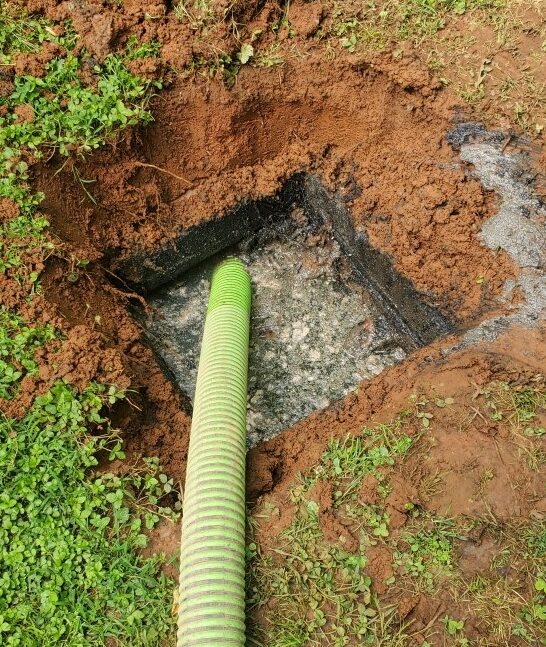Keeping your septic system regularly maintained will prevent you from having costly repairs. Regular maintenance consists of water efficiency, not putting the wrong things into your septic tank, having your septic system pumped and inspected, and maintaining your drain field.
The average single family home typically uses 70 gallons of water per individual, per day. Having a leaky faucet or a running toilet can waste as much as 200 gallons of water per day. Not only will this cause you to have a much higher water bill, but it can also overload your septic system, which includes your tank and drain field.
The more water your family conserves, the less water will enter your septic system and reduce the risk of failure. You can save water by using water efficient products. HIgh Efficiency Toilets use less water per flush and can reduce the amount of water that enters your system. Faucet aerators and high efficiency showerheads help reduce water usage. Make sure you select the proper load size on your washing machine. If you cannot change your load size, make sure to only run full loads of laundry. Also, try spreading out your washing machine usage throughout the week. Doing all your loads in one day can cause an overload to your septic system which will not allow it enough time to treat the waste and could flood your drainfield. Similarly, make sure to spread out family showers and baths.
Properly disposing of waste can also affect how well your septic system works. Anything that gets flushed down your toilet or put into your drains will end up in your septic system. Your septic system is not a trash can. The only thing that should go into your toilet or down your drains is human waste, toilet paper and water. You should never put cooking grease or oil, wipes of any kind (even the ones that claim to be flushable), feminine hygiene products, condoms, dental floss, diapers, cigarette butts, coffee grounds, cat litter, paper towels, pharmaceuticals, or any kind of chemicals into your system.
Your septic system contains a collection of living organisms that digest and treat waste. Pouring toxins down your drain can kill these organisms and harm your septic system. Avoid any chemical drain openers. Instead, use boiling water or a drain snake. Never use a garbage disposal if you have a septic tank. This will reduce the amount of solids that enter your septic tank and ultimately clog your drain field.
Your drain field is a component of your septic system that removes contaminants from the liquid that emerges from your septic tank. It is an important part of your septic system. If the liquid cannot flow into your drain field, it will flow the opposite way into your home. To keep your drain field working properly, never park or drive on your drain field. This can crush the drain system where it cannot accept water. Plant trees the appropriate distance from your drain field to keep roots from growing into your septic system. A septic professional can advise you of the proper distance, depending on your septic tank, landscape and location of your drain field. Keep roof drains, sump pumps, swimming pool drains and all water discharge systems away from your drain field area. Excess water slows down or stops the wastewater treatment process.
The average household septic system should be pumped and inspected every 3-5 years, depending on how many people live in the home. Alternative systems with electrical float switches, pumps, or mechanical components should be inspected more often, generally once per year. Most professional septic companies will offer a service contract for alternative systems since they have mechanized parts.
The four major factors that influence the frequency of septic pumping are:
- Household size
- Total wastewater generated
- Volumes of solids in wastewater
- Septic tank size
Your septic professional can help you decide how often your system should be pumped.
Need your tank pumped? We service Knox County TN, Grainger County TN, Union County TN, Jefferson County TN, and Sevier County TN. Call us today to set an appointment, (865)465-3011


